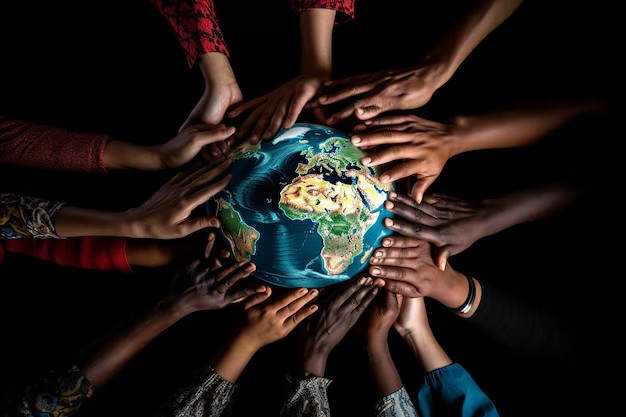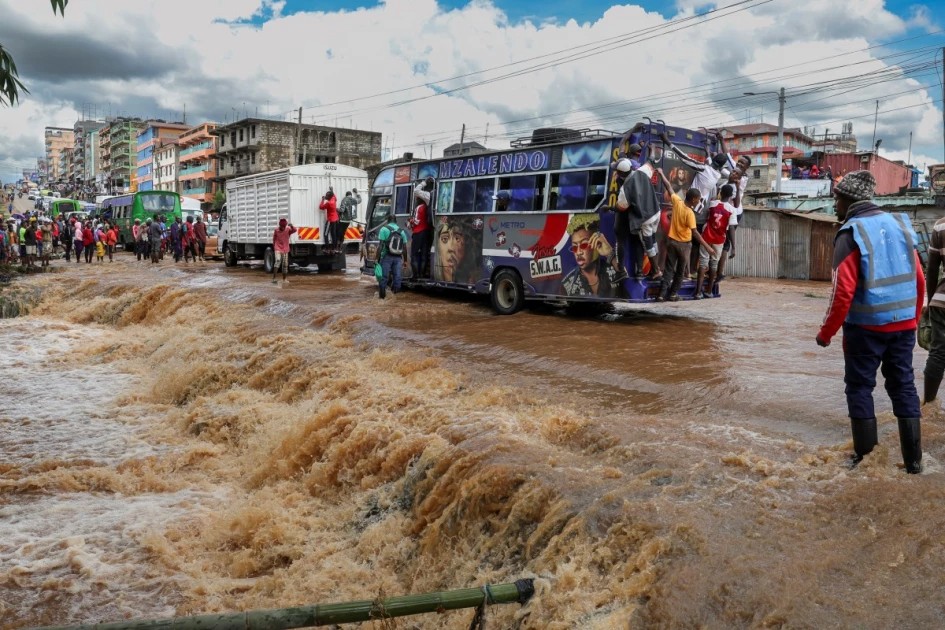- As the globe grapples with the reality of climate change, the UNFCCC has renewed the call to action through a revived series of events known as United Nations Climate Weeks.
- Each UN Climate Week is anchored by a compelling theme: “Dialogues for Ambition and Implementation.”
As the globe grapples with the reality of climate change, the United Nations Framework Convention on Climate Change (UNFCCC) has renewed the call to action through a revived series of events known as United Nations Climate Weeks.
These twice a year (biannual) gatherings, hosted in different global regions, are designed to accelerate the implementation of the Paris Agreement by bridging the gap between ambition and real-world progress.
Unlike the high-profile annual Conference of the Parties (COP) summits, Climate Weeks are focused, practical forums aimed at translating pledges into policies, projects, and partnerships.
They bring together government officials, business leaders, youth, civil society groups, and climate experts to explore solutions to some of the most pressing environmental challenges of our time.
Each UN Climate Week is anchored by a compelling theme: “Dialogues for Ambition and Implementation.” This unified message underscores the shift from setting climate targets to actively pursuing them.
Read More
It reflects a growing global consensus that climate action must move beyond policy pronouncements into concrete results that can be measured, financed, and felt at the community level.
In 2025, two Climate Weeks are scheduled: the first was held in Panama City in May, while the second is set for Addis Ababa, Ethiopia, from September 1 to 6.
Though hosted in specific regions, these events are truly global in scope, reflecting the interconnected nature of the climate crisis and the need for broad-based collaboration.
The purpose of Climate Weeks goes beyond discussion. They serve as working platforms that support countries in enhancing their Nationally Determined Contributions (NDCs)—the national climate action plans that form the backbone of the Paris Agreement.
Participants engage in sessions on international carbon markets (as outlined in Article 6 of the Paris Agreement), climate adaptation, resilience building, sustainable energy, climate finance, and nature-based solutions.
In addition, Climate Weeks feed into the Global Stocktake, a mechanism through which the international community assesses its collective progress on meeting global climate targets, including the goal of limiting global warming to 1.5 degrees Celsius.
By gathering regional insights and promoting transparency, these events help hold countries accountable while providing the technical and policy support needed to scale up action.
Climate Weeks also play a vital role in addressing climate justice and equity. They create space for voices from the Global South, Indigenous communities, youth, and other underrepresented groups to shape global climate conversations.
By rotating host locations—especially in Africa, Latin America, and Asia—the United Nations Framework Convention on Climate Change ensures that solutions are not only global but locally informed.
Though not enforcement mechanisms, Climate Weeks are essential in sustaining momentum between the annual Conference of the Parties summits. They help ensure that climate action remains a continuous process rather than a once-a-year headline.
And as countries prepare for Conference of the Parties 30 (COP30) in Brazil, the insights and commitments generated at Climate Weeks will influence negotiations and national strategies alike.
In a world where time is running out to meet the 1.5-degree Celsius target, Climate Weeks aim to simply serve as reminders that the climate crisis requires not just global summits, but constant, collective effort.
By turning words into work, these initiatives offer not only hope but also a roadmap—for meaningful progress.






-1769677767.jpg)